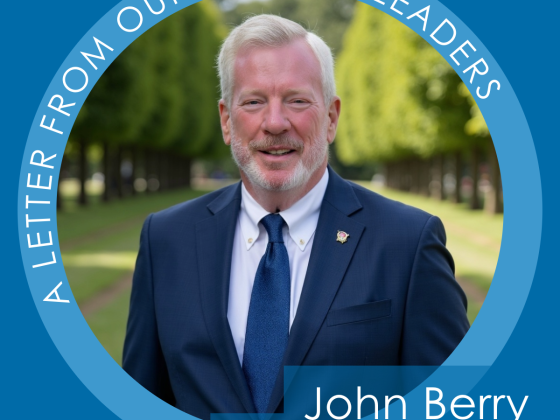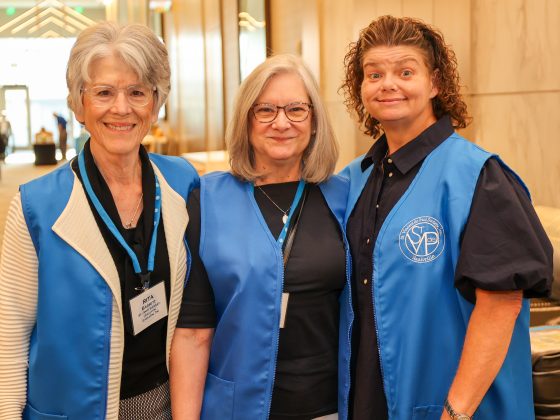To boast about our accomplishments in works of charity brings to mind a routine by the comedian Chris Rock, in which he jokes about people who brag when they do what they are supposed to do. (“I graduated high school!” “You’re supposed to graduate high school!”, etc.) We are Christians — we’re supposed to feed the hungry, comfort the sick, welcome the stranger; to seek and to serve Christ in the poor, just as he said we should.
Humility should remind us that no matter how great the material result of our works may appear, it is not our accomplishment anyway, for “all that God gives us is for others … we can achieve nothing of eternal value without His grace.” [Rule, Part I, 2.5.1] St. Vincent de Paul, whose works we know truly changed the world, often explained that they were not his doing, but God’s. “Worldly respect,” Frédéric warned, is the “greatest danger” to the integrity of our work. [Baunard, 297]
We undertake these works for one primary purpose: in order to “to journey together towards holiness.” [Rule, Part I, 2.2] This journey doesn’t happen by itself; we must take each step intentionally. We must strive consciously to connect our works to our growth; to discern in the people and experiences of our Vincentian vocation the face of Christ, the voice of the Holy Spirit, and the will of God in our lives.
We do this first by reflecting silently and prayerfully after each home visit, perhaps writing down in a journal the feelings and thoughts it brought to our mind and to our heart. We also take time to “re-read” experiences long past; like coming to the end of a mystery novel, and surprised by the ending, turning back to an early chapter where we find that the clues were there all along, we just didn’t see them before. In a similar way, we now see past experiences with new eyes, transformed by more recent experiences. God remains present to us in our memories, still speaking the word He meant for us to hear; ready for us to hear it and to understand it whenever we are ready.
Growing together in holiness also necessitates that we share our experiences and our insights with each other. We are created as social beings, meant to live in community, and our Conferences are our communities of faith. This is why our Rule calls us to spiritual reflection at every Conference meeting, where “members are always invited to comment as a means of sharing their faith”. [Rule, Part III, St. 7] As the Catechism explains, it is “through the exchange with others, mutual service and dialogue with his brethren, man develops his potential; he thus responds to his vocation.” [CCC, 1879]
Sharing our faith, our insights, and our growth makes yours a part of mine, and mine a part of yours. In this way, we are privileged to act as guideposts for each other on our shared journey towards holiness.
Contemplate
Do I take the time to pray, reflect, and share the ways that I have grown spiritually through my service?
Recommended Reading
The Spirituality of the Home Visit – don’t just read it, use it!




Thank you for this gentle reminder. It’s wonderful to know as we reflect on our home visit that we should always continue to share our experience with our fellow members.
Have a blessed day.
Kathy